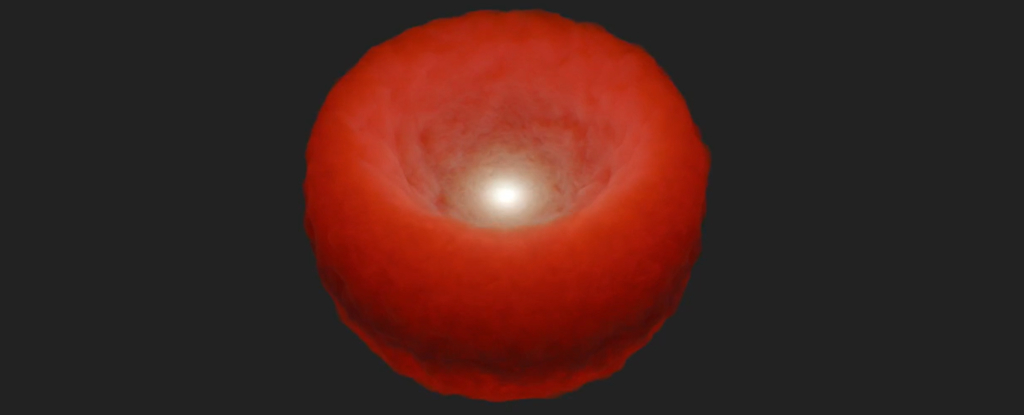Old age catches up with us all eventually, but for some people, the right genes can make this chase into our twilight years relatively leisurely.
A few years ago Italian researchers discovered something special about people who live well into their 90s and beyond: They often have a version of a gene called BPIFB4, which protects against cardiovascular damage and keeps the heart in good shape for longer periods of time.
By introducing the mutated gene into older mice, the scientists were now able to observe how the variant rewinds markers of biological heart aging by more than 10 human years.
In middle-aged mice, the same therapy has been shown to halt the decline in heart function.
How quickly the heart and nearby blood vessels normally break down depends on many factors, including how much we drink and whether or not we smoke. According to the results of the study, mutations in protein-coding genes also play a key role.
The longevity-associated variant (LAV) of the BPIFB4 gene the researchers studied is already connected with longevity in people, and is frequently found in people living longer than normal, including those in their late 90s and beyond. This finding prompted the researchers to take a closer look at the variant’s physiological effects.
In addition to testing in mice, the team added the gene to human heart cells in a laboratory setting to see what effects it would have. The cells were taken from 24 elderly patients with serious heart problems, including some who had previously had a heart transplant.
The results suggested that LAV-BPIFB4 plays an important maintenance role pericytes cells. The job of these cells is to build and maintain new blood vessels, which in turn allows the heart to function better for longer.
“The cells of older patients, especially those that support the development of new blood vessels, so-called pericytes, proved to be less efficient and older,” says Dr. says Monica Cattaneoa cardiovascular researcher from the IRCCS Multimedica Group in Italy and lead author of the study.
“By adding the longevity gene/protein to the test tube, we observed a process of heart rejuvenation: the heart cells of older patients with heart failure function properly again and are found to be more efficient at building new blood vessels.”
While centenarians naturally pass the BPIFB4 gene mutation to their children, the thought is that this could be adapted as a therapy for people whose parents have not yet reached old age and who have heart problems.
Transmission of the BPIFB4 gene in mice has already been shown stop atherosclerosis, diabetesand other complications, and in the future, clinical trials could be used to see if the same type of preventive effects occur in humans.
The researchers are also studying the possibility of using the BPIFB4 protein for treatment instead of the BPIFB4 gene that produces it. While both options are possible, using proteins is safer and less complicated.
“Our results confirm that the healthy mutated gene can reverse the decline in cardiac output in the elderly,” says Madedu. “We are now interested in whether administering the protein instead of the gene can also work.”
The research was published in cardiovascular research.





